Australia’s relationship with its regional neighbours could be in doubt under a Coalition government after two Pacific leaders challenged Opposition Leader Peter Dutton over his weak climate stance.
This week, Palau’s president Surangel Whipps Jr suggested a 2015 gaffe by Dutton, in which he joked about rising seas lapping at the door of Pacific islanders, had not been forgotten. Speaking at a clean energy conference in Sydney, Whipps said the Pacific’s plight was “not a metaphor or a punchline. It’s our fear and reality.”
And Tuvalu’s Climate Change Minister, Maina Talia, this month criticised Dutton for suggesting a joint Australia–Pacific bid to host global climate talks next year was “madness”. Talia said Dutton’s comments caused Pacific leaders to “question the nature of our friendship” with Australia.
Both Labor and Coalition governments have worked hard this decade to cement Australia as a security partner of choice for Pacific nations, as China seeks to expand its influence. Australia’s next government must continue this work by signalling an unwavering commitment to strong climate action.
What are the major parties offering on climate policy?
Worsening climate change – with associated sea-level rise and other harms – is the greatest threat to Pacific island nations.
Pacific leaders have long criticised Australia for its climate policy shortcomings, including its continued reliance on fossil fuels. As Palau’s president Whipps told the ABC this week:
We are urging Australia – and whoever forms the next government – to take the next steps and stop approving new fossil fuel projects and accelerate the phase-out of coal and gas.
The Labor government has not agreed to the phase-out. But it has sought to improve Pacific ties through more ambitious climate action.
In 2022, it introduced a stronger emissions-reduction target – a 43% cut this decade, based on 2005 levels. The same year, Prime Minister Anthony Albanese joined Pacific leaders to declare a climate emergency.
In 2023, Australia signed a climate migration deal with Tuvalu. It also prevents Tuvalu from pursuing a security deal with China.
A Coalition government would review Australia’s 43% cut to emissions. It would also expand gas production, and slow the shift to renewables while building seven nuclear reactors. Dutton is also considering weakening Australia’s signature climate policy, the safeguard mechanism, which aims to reduce industry emissions.
And last month, Dutton suggested the Coalition would ditch the Australia–Pacific bid to host the next United Nations climate summit, known as COP31.
Lukas Coch/AAP
How will this go down in the Pacific?
Australia has dramatically stepped up engagement with Pacific island countries in recent years. This has been guided by the foreign policy goal of integrating Pacific countries into Australia’s economy and security institutions.
But Pacific island leaders also expect Australia – the largest member of the Pacific Islands Forum – to seriously tackle the climate crisis. Should Australia fail on this measure, securing our place in the region during a time of growing strategic competition will become increasingly difficult.
Pacific leaders welcomed Australia’s plans to host the COP31 climate talks and agreed to work with this nation on the joint bid. If Dutton wins power and abandons the COP31 push, he could face a frosty reception when he meets with Pacific island leaders.
Palau, in particular, could embarrass Dutton on the global stage. It will host the Pacific Islands Forum meeting next year, weeks before the COP31 talks. This year, Palau also takes over as chair of the Alliance of Small Island States, an important negotiating bloc in global climate talks.
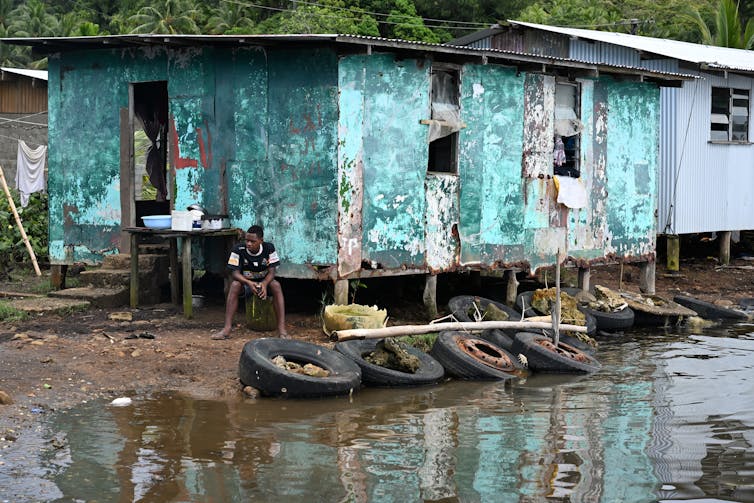
Mick Tsikas/AAP
Countering China’s influence
Australia’s leadership in the Pacific is considered key to our national defence and security. But China’s growing power in the Pacific has weakened Australia’s standing.
In 2022, for example, Solomon Islands signed a security deal with China to allow naval vessels to be based there – effectively allowing a Chinese military base on Australia’s doorstep. As recently as February this year, the Cook Islands signed a series of agreements with China to enhance cooperation.
At the same time, the Trump administration has all but abandoned the United States’ overseas aid program. This leaves Australia with even more work to counter China’s creep into the region.
In last month’s federal budget, Labor redirected aid money to the Pacific to counteract Trump’s cuts. However, Liberal backbenchers reportedly fear Dutton would cut the foreign aid budget and warn a reduction in Pacific aid would strengthen Beijing’s hand.
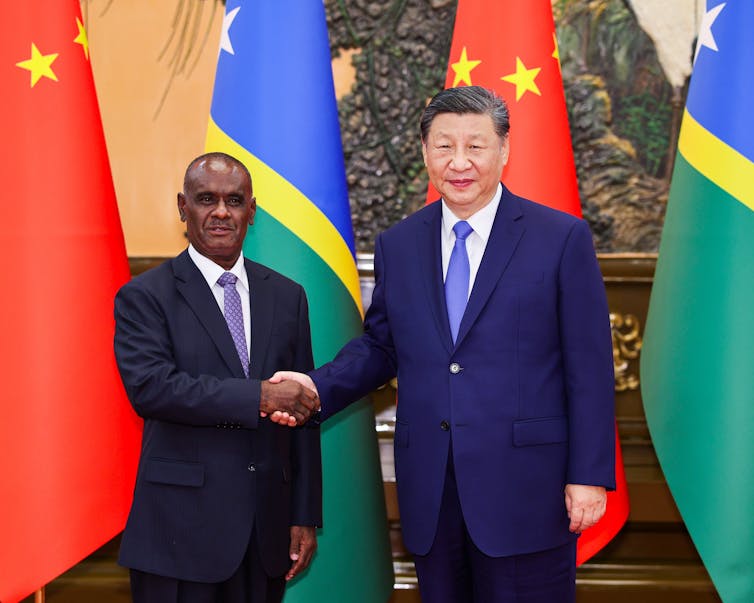
Xinhua / Liu Bin/EPA
Climate policy is key to Australia-Pacific goodwill
Australia’s past failures on climate policy have hurt our standing in the Pacific – a point conceded by senior Coalition figure Simon Birmingham.
A Coalition government is likely to continue some diplomatic measures initiated by the Albanese government, such as security agreements with Tuvalu and Nauru, and negotiating a new defence treaty with Papua New Guinea.
But the depth of feeling among Pacific leaders on climate action cannot be overstated. As global geopolitical tensions sharpen, Australia’s next moves on climate policy will be vital to the future of our Pacific relationship.
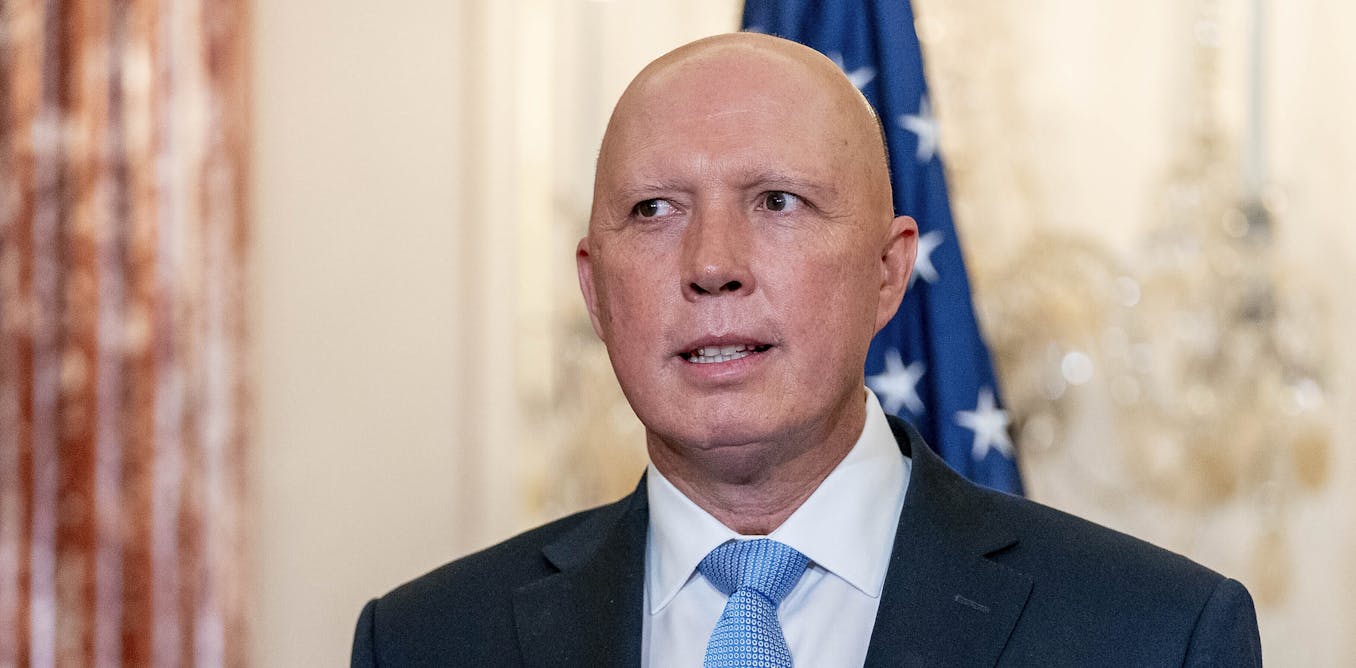
The post “Peter Dutton’s climate policy backslide threatens Australia’s clout in the Pacific – right when we need it most” by Wesley Morgan, Research Associate, Institute for Climate Risk and Response, UNSW Sydney was published on 04/11/2025 by theconversation.com



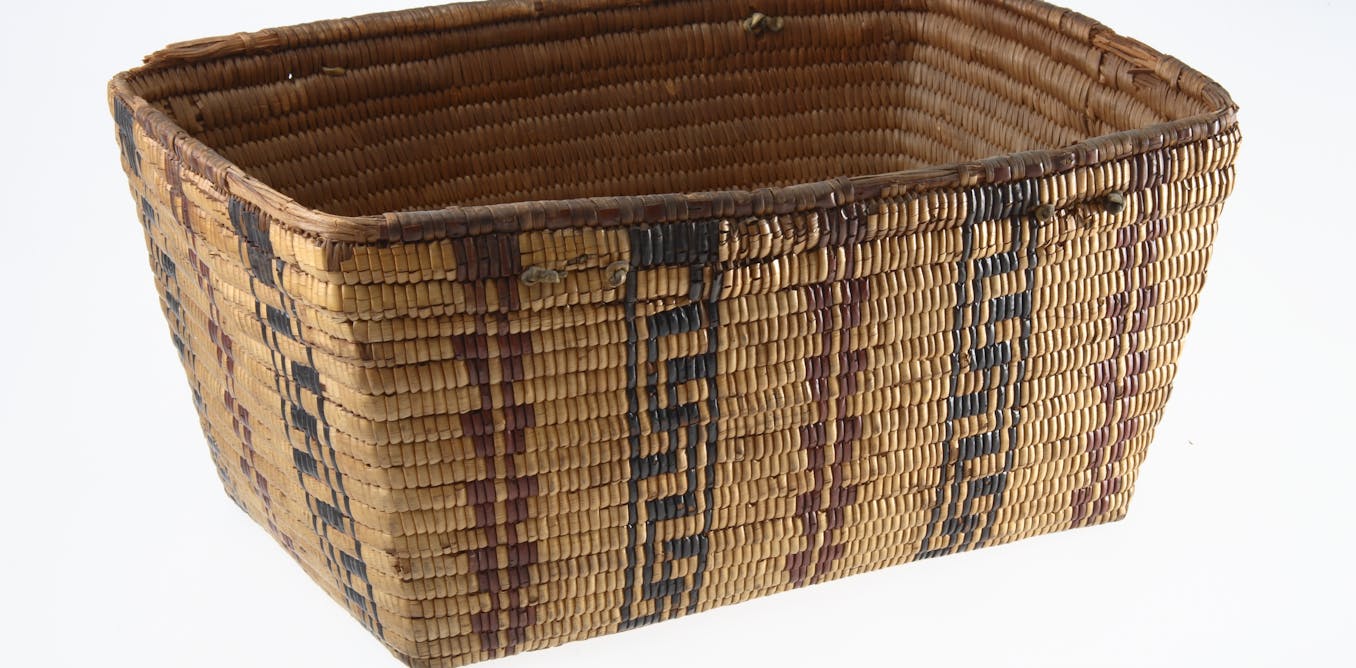


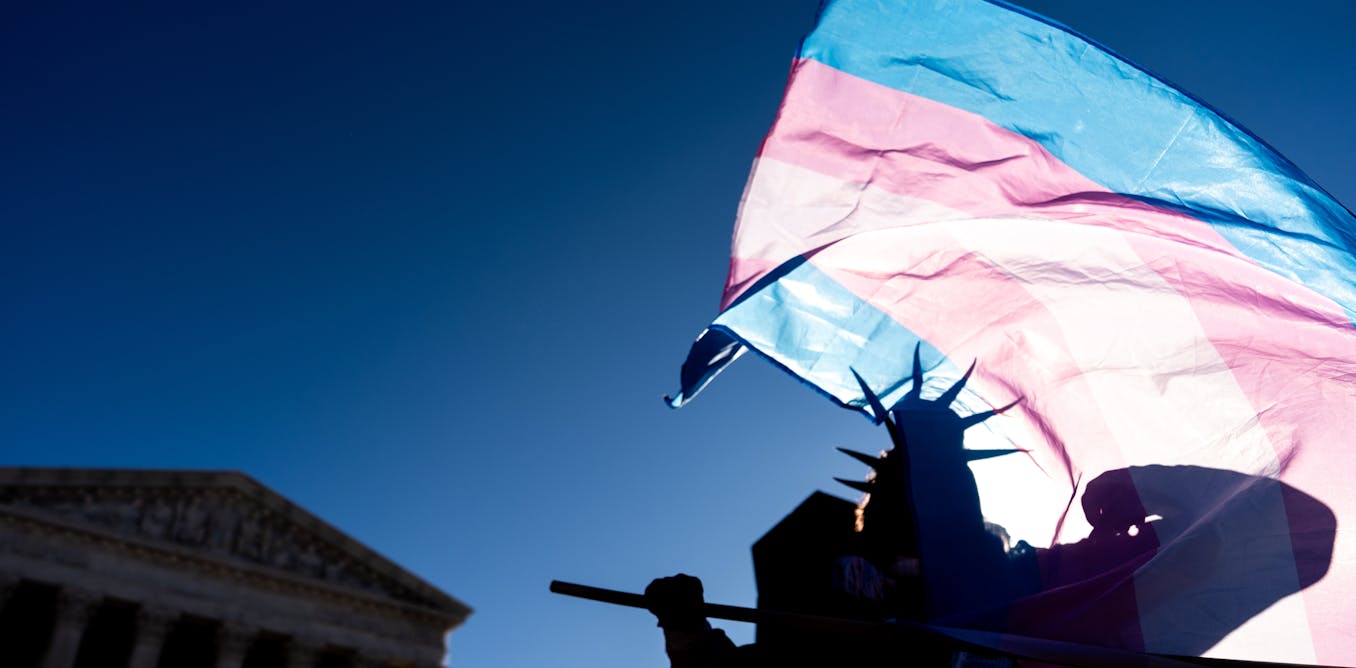





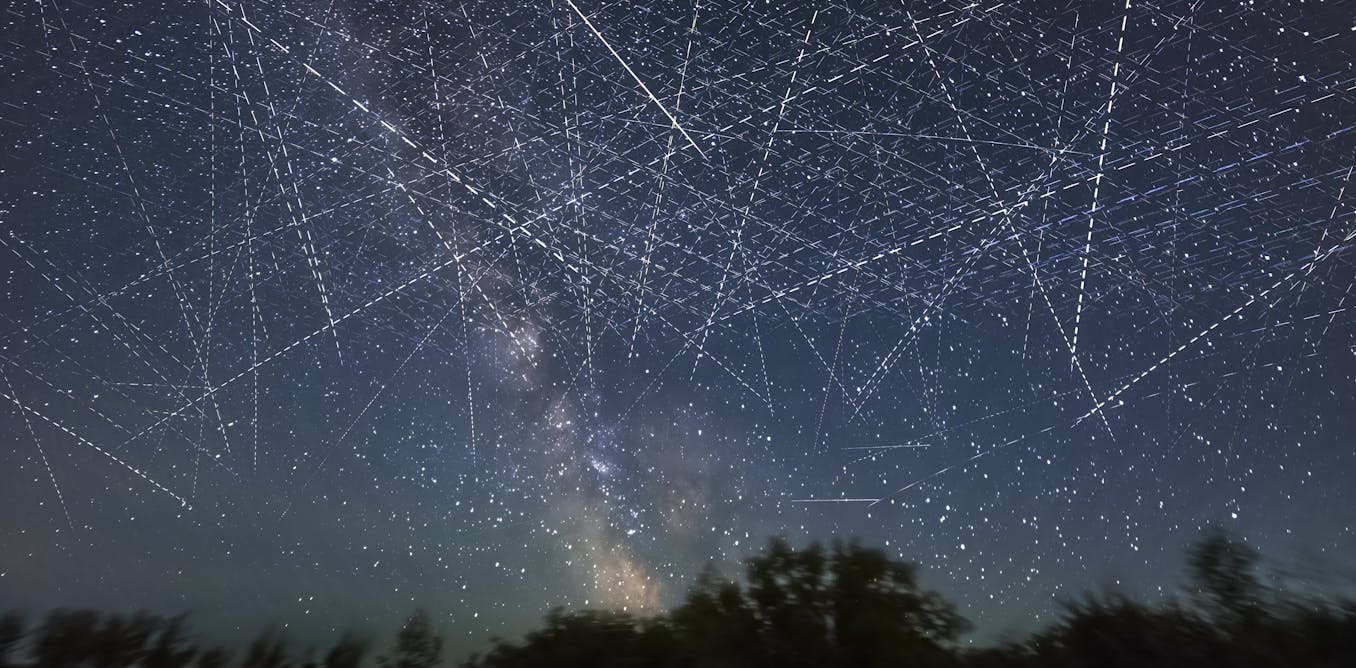











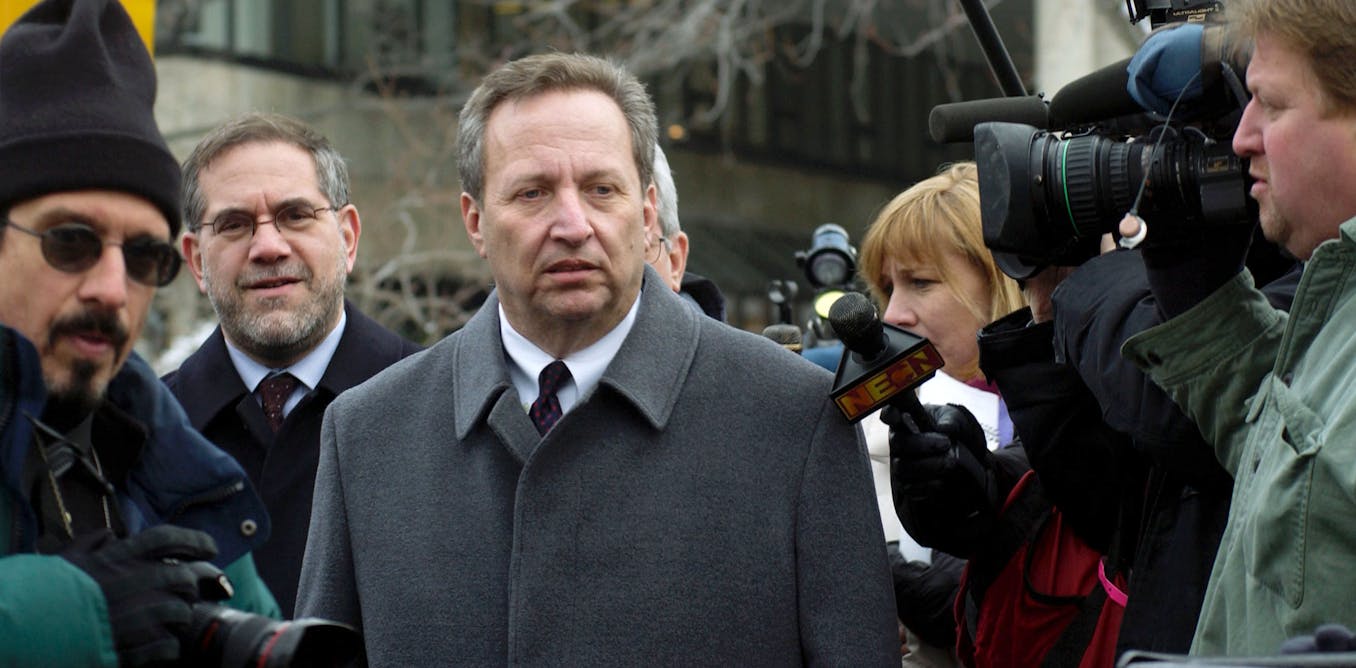






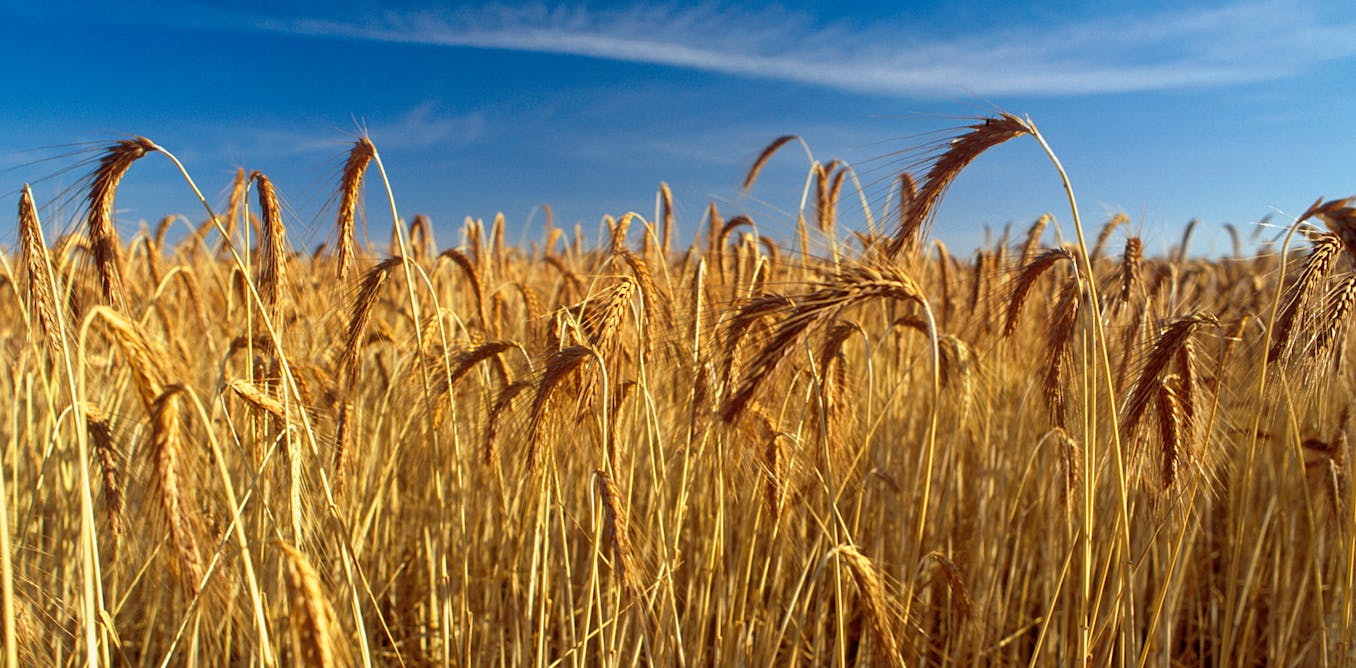


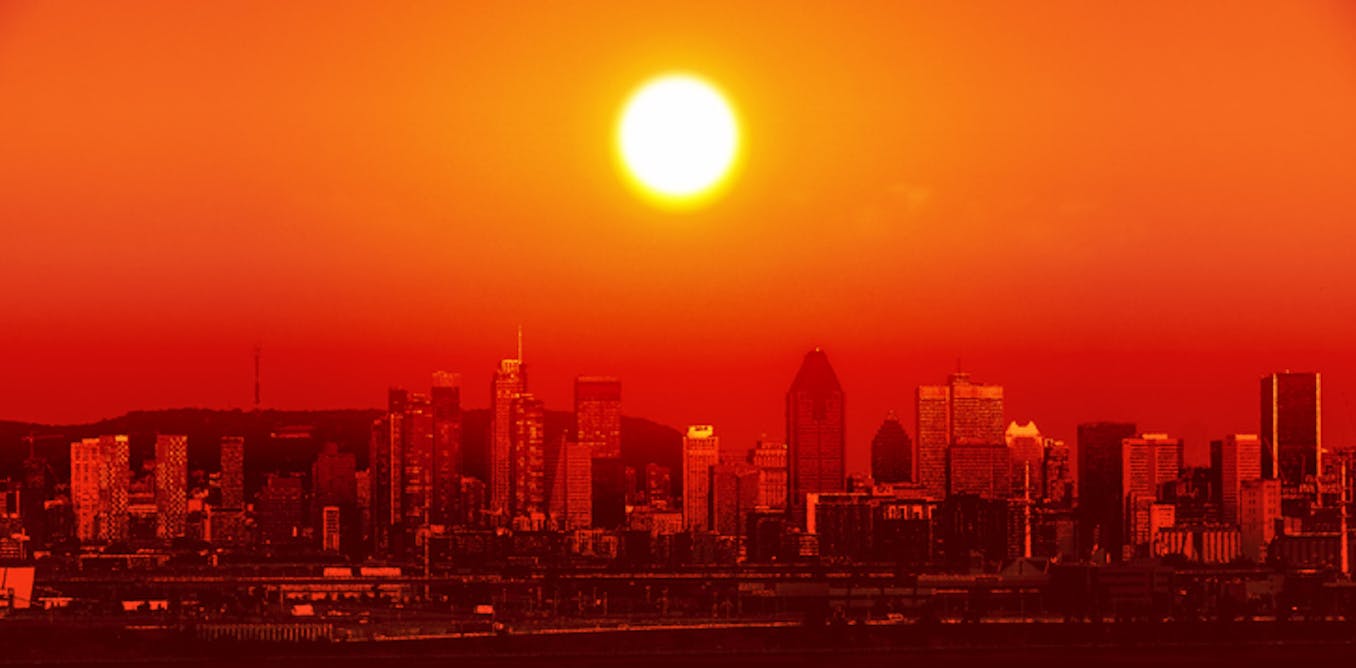


Leave a Reply